Welcome to
Mold Remediation Atlanta
Your Trusted Partner in Mold Removal and Prevention
When it comes to mold remediation in Atlanta, our team specializes in comprehensive mold removal and mold inspection services for both residential and commercial properties throughout Atlanta, Georgia and surrounding areas.
Whether you’re dealing with black mold, toxic mold growth, or need water damage restoration, our certified technicians use the latest mold detection and remediation techniques to ensure your space is thoroughly cleaned and restored to a safe, healthy environment. From air quality improvement to mold containment and structural drying, we offer a full range of services designed to prevent mold reoccurrence.
At Mold Remediation Atlanta, we don’t just remove mold—we provide long-lasting solutions that improve the air quality and protect the integrity of your home or business.
Mold Issues in Atlanta
Humidity
Atlanta experiences average annual humidity levels of 60-70%, which can easily lead to mold growth in homes and buildings, especially during the summer months.
Annual Rainfall
With 49.6 inches of rainfall per year, Atlanta experiences more moisture than many other cities, creating a consistent risk for mold growth in attics, basements, and bathrooms.
Mold Related Health Risks
According to the Centers for Disease Control and Prevention (CDC), exposure to mold can cause a variety of health issues, including respiratory problems, allergic reactions, and asthma, which are of particular concern for vulnerable populations in Atlanta.
Atlanta's Aging Homes
Older homes and buildings in Atlanta (some dating back to the early 1900s) may have structural issues, like leaks and poor ventilation, that contribute to mold problems, requiring specialized mold removal and prevention services.
We Always Provide The
Best Service
Our Services
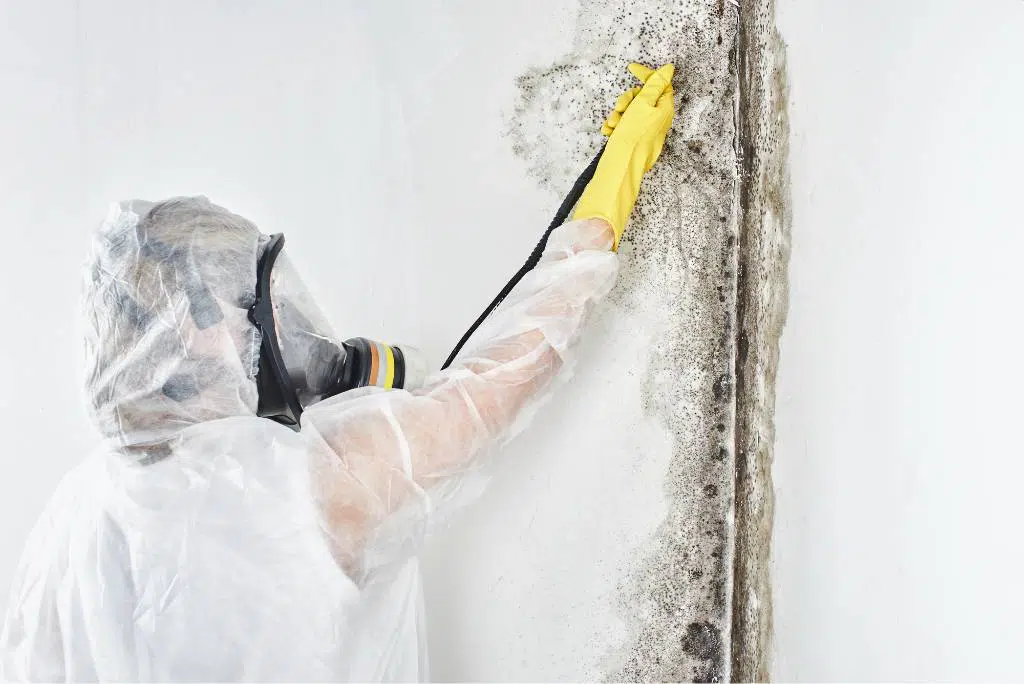
Mold Inspection
- Comprehensive mold inspections using advanced tools like thermal imaging and moisture meters.
- Identifies hidden mold in walls, ceilings, and hard-to-reach areas.
- Detailed, accurate reports on mold types and extent of damage.
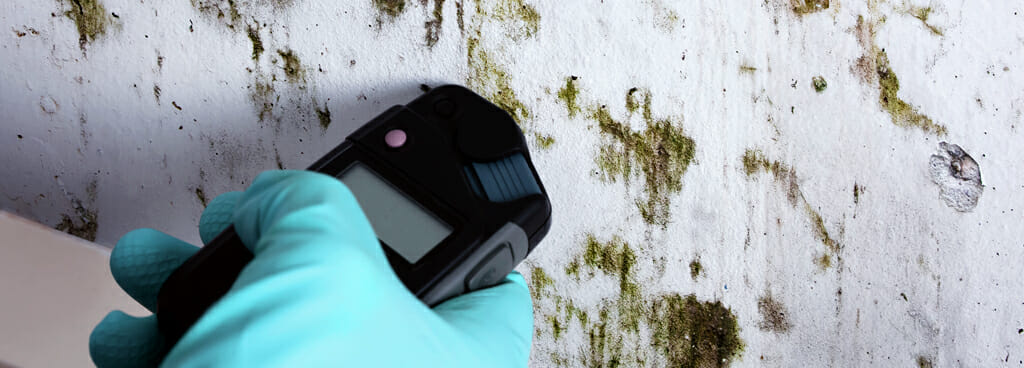
Professional Mold Testing
- Accurate mold testing to identify toxic or harmful mold types and species.
- Laboratory analysis for precise results on air and surface samples.
- Moisture mapping and thermal imaging to find hidden mold sources.
- Comprehensive reports detailing mold levels and potential health risks.
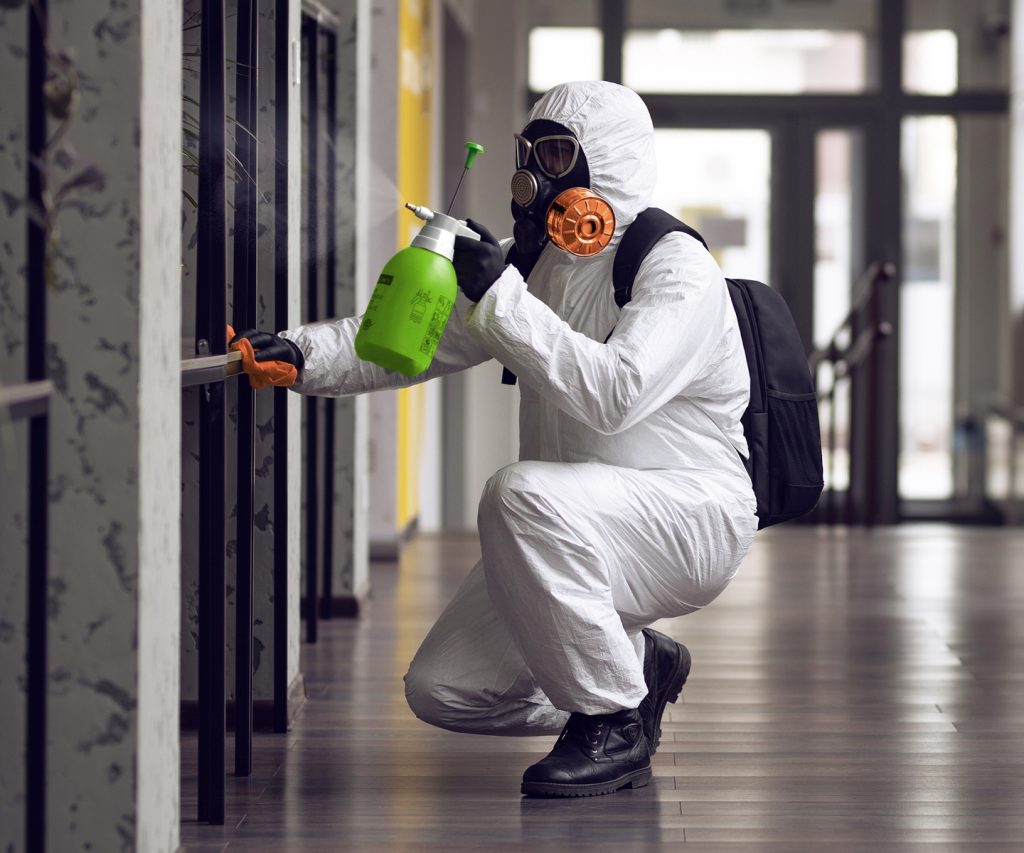
Expert Mold Removal and Remediation
- Thorough mold removal using industry-leading techniques and equipment.
- Containment procedures to prevent mold from spreading during removal.
- Safe, effective treatment for all types of mold, including black mold and toxic varieties.
- Long-term solutions to prevent mold recurrence, with moisture control and air quality improvement.
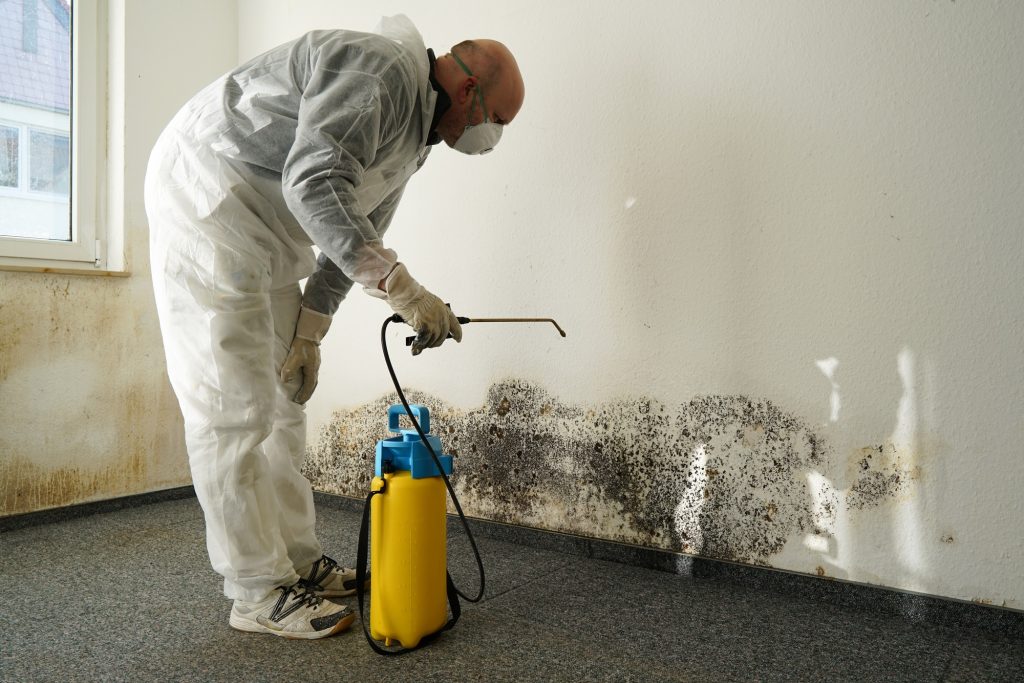
Water Damage Restoration
- Emergency water extraction to prevent mold growth and property damage.
- Thorough drying of affected areas using advanced dehumidification equipment.
- Structural drying to prevent long-term damage to walls, floors, and ceilings.
- Flood damage cleanup to restore your property to its pre-damage condition.
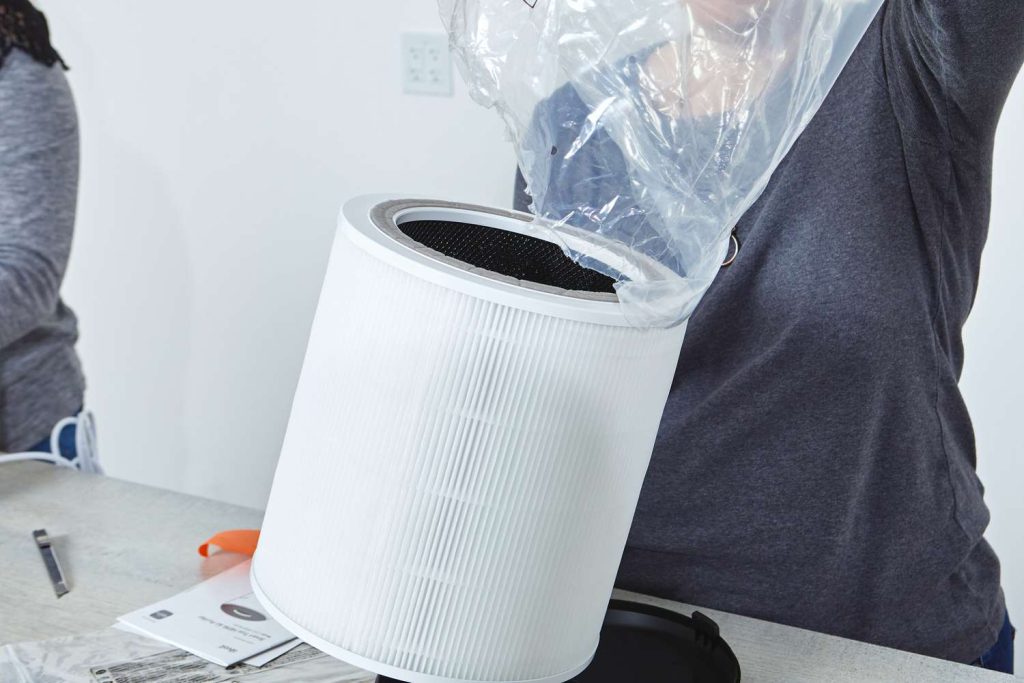
Air Quality Improvement
- Comprehensive air testing to identify pollutants and mold spores.
- Recommendations for maintaining optimal air quality.
- Removal of airborne contaminants for healthier indoor air quality.
Why Choose Us?
Certified Professionals
We are fully certified by recognized organizations like the Institute of Inspection, Cleaning, and Restoration Certification (IICRC) and NORMI.
Advanced Techniques
Using the latest tools like thermal imaging cameras, moisture meters, and HEPA filtration systems, we detect and remove mold hidden in hard-to-reach areas
Customer Satisfaction
Over the years, we’ve earned the trust of Atlanta residents and businesses through our commitment to excellent service.
Local
Expertise
We understand the unique challenges posed by Atlanta’s climate and offer tailored solutions to prevent and treat mold effectively in both residential and commercial properties.
Mold Remediation Cost in Atlanta
The cost of mold remediation in Atlanta varies based on factors like the severity of mold, the size of the affected area, and the type of treatment required. On average, homeowners can expect to pay between $500 to $6,000 for mold removal, depending on these factors.
Small Jobs (e.g., a single room or closet): $500 – $1,500
Moderate Mold Remediation: $1,500 – $3,500
Severe Mold Remediation: $3,500 – $6,000+
Inspection Fees: Typically $200 – $500 (deductible from remediation cost if service is booked)
Signs of mold include visible spots of mold growth, a musty odor, increased allergy or asthma symptoms, and water damage or dampness. If you suspect mold, it’s best to get a professional inspection and testing.
Mold exposure can cause a variety of health issues, including respiratory problems, allergic reactions, skin irritation, and aggravated asthma symptoms. Long-term exposure can lead to more serious health problems.
Mold testing involves collecting air or surface samples from your property and analyzing them in a laboratory to identify the type and concentration of mold spores present. This helps determine the extent of the problem and guides the remediation process.
While small areas of mold can sometimes be handled by homeowners using proper safety precautions and cleaning methods, larger or more serious infestations should be handled by professionals to ensure thorough and safe removal.
Mold grows in areas with excess moisture, such as from leaks, high humidity, condensation, or poor ventilation. Addressing these moisture issues is key to preventing mold growth.
The duration of the mold remediation process depends on the extent of the mold growth and the size of the affected area. It can take anywhere from a few days to a couple of weeks.
Atlanta’s humid subtropical climate with high humidity levels and frequent rainfall creates the perfect environment for mold to thrive. Mold can develop in as little as 48 to 72 hours after water damage, which is why regular inspections and prompt action are essential to prevent mold growth in your home or business.
To prevent mold from returning, ensure proper ventilation, fix any water leaks promptly, use dehumidifiers in damp areas, and maintain indoor humidity levels below 60%.
During a mold inspection, our certified inspectors will thoroughly examine your property for signs of mold growth. This includes visual inspections, moisture readings, and possibly air and surface sampling. The inspection helps identify the extent and source of the mold problem.
Common types of mold found in homes include Aspergillus, Cladosporium, and Stachybotrys chartarum (black mold). Each type can have different health impacts and require specific remediation approaches.
Yes, mold can grow in HVAC systems, particularly if they are not properly maintained. Regular cleaning and maintenance of your HVAC system are crucial to preventing mold growth and ensuring good indoor air quality.
Improving indoor air quality involves reducing indoor pollutants, maintaining good ventilation, using air purifiers, and regularly cleaning your HVAC system. Controlling humidity and promptly addressing water damage are also important.
Our technicians are certified by industry-recognized organizations such as the Institute of Inspection, Cleaning and Restoration Certification (IICRC) and the National Organization of Remediators and Mold Inspectors (NORMI). They undergo continuous training to stay updated on the latest mold remediation techniques.


